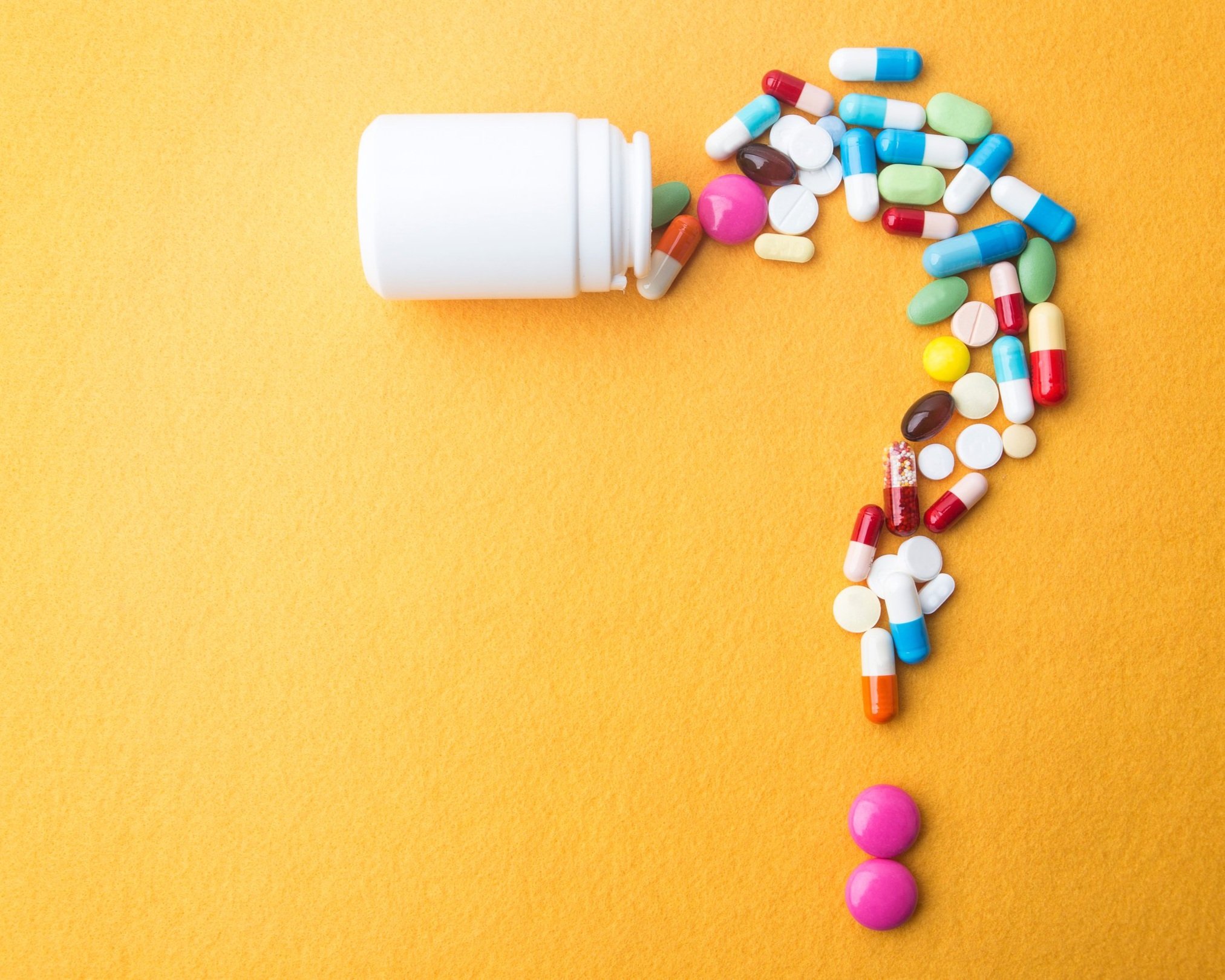My Mouth Is So Dry…
Have you ever wondered how much saliva is produced daily?
〰️
Have you ever wondered how much saliva is produced daily? 〰️
The average person secretes about 1 liter of saliva each day, the equivalent to 1.2 gallons. The three pairs of major salivary glands in our mouth – the parotid, submandibular, and sublingual – produce 90 percent of the saliva. The remaining 10 percent comes from the minor salivary glands.
Saliva is mostly water.
Made up of 99% water, saliva plays a critical role in our mouths. It lubricates our food and aids in chewing. There are digestive enzymes in saliva that help to break down starches and triglycerides.
Other elements residing in saliva have antibacterial, antiviral, and antifungal properties, protecting us against certain diseases. Saliva also has markers that can be used in diagnostic screening. It contains calcium hydroxyapatite, useful in remineralization (re-hardening) of tooth enamel. Mainly saliva is a buffering agent, keeping the pH neutral in the mouth. And saliva facilitates talking – just try giving a speech with a dry mouth.
Without adequate saliva, problems occur.
Cavities form quickly, especially on the roots of teeth. These are some of the most challenging cavities to repair.
Infections can develop. Candidiasis, a fungal infection, is common.
Gums can ulcerate. Gingivitis can develop.
Lips and tongue become cracked and chapped, leading to difficulty eating, speaking, and swallowing.
People have great difficulty wearing dentures or other oral appliances.
Bad breath develops.
Some report a burning sensation.
People without sufficient saliva have a condition called xerostomia, or dry mouth.
What causes xerostomia?
Damage to the salivary glands
Often this occurs with cancer therapy such as radiation in the salivary gland area or chemotherapy.
Anxiety
Have you noticed how your mouth becomes dry when you’re nervous?
Certain autoimmune diseases such as Sjogren’s syndrome
Other medical conditions such as Alzheimer’s and diabetes
One of the hallmarks of diabetes is frequent thirst and urination.
Mouth breathing or sleeping with your mouth open
Breathing through your nose is vastly superior to mouth breathing. And much healthier for you.
Wearing a mask for prolonged periods. This may be tied to drinking less water while the mask is on.
Perhaps one of the most common causes, dry mouth is a side effect of up to five hundred prescription and over-the-counter medications. These include:
Antihypertensives – drugs used to lower blood pressure, such as nifedipine
Antidepressants, such as Wellbutrin
Analgesics – pain medication including opioids
Diuretics – drugs to ease water retention
Antihistamines – drugs to combat allergies, such as Claritin
Antianxiety medications, especially benzodiazepines such as Xanax and Valium
Antidiarrheals such as Imodium
Antiepileptics – drugs to prevent seizures, such as Gabapentin
Asthma medications such as salbutamol
Acid reflux medications, such as omeprazole
Decongestants such as pseudoephedrine
As you can see, the list is exhaustive. Check your medications to see if any of them cause dry mouth. Ask your physician if there’s an alternative if dry mouth becomes an issue, but keep in mind that xerostomia usually affects entire categories of drugs.
How common is dry mouth?
Because older people take more medications, it’s estimated that one in five older adults suffers from dry mouth. This is significant because as we age, bone loss and gum recession become more common, exposing the roots of the teeth. At the same time, manual dexterity may decrease, making dental hygiene more challenging. This creates the perfect conditions for root cavities to develop.
What can be done to manage dry mouth?
Drink lots of water.
Sucking on small ice chips or sugar free candy may help. Avoid the urge to bite on these though.
Breathe through your nose rather than your mouth. The reasons for mouth breathing are complex and may require further medical investigation.
Practice meticulous oral hygiene.
Consider over-the-counter dry mouth rinses or artificial saliva products. One such is Biotene dry mouth rinse. (https://www.biotene.com/dry-mouth-products/mouthwash/)
Use a humidifier at night while sleeping.
Talk to your doctor about prescription medications to increase saliva flow or medications used to treat Sjogren’s Syndrome.
Talk to your physician about whether the underlying causes of your dry mouth condition can be treated or eliminated.
What should you avoid?
Antihistamines or decongestants that can exacerbate dry mouth
Mouthwashes that contain alcohol or peroxide
Excessively salty, spicy, or dry foods
Caffeine, tobacco, and alcohol. (Simple enough, right?)






